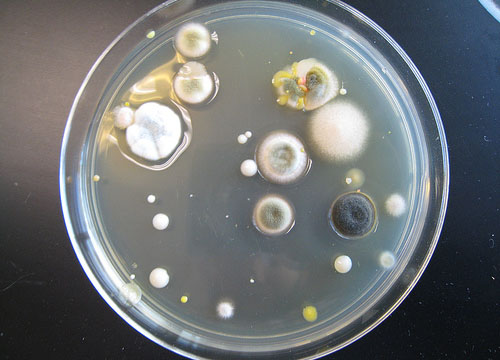
AsianScientist (Jun 19, 2014) – Dr. Nigel French, Professor of Food Safety and Veterinary Public Health at Massey University, has cautioned that animal contact may cause the transmission of antibiotic resistant infections to humans, explaining the need for research to better understand the transmission and incidence of these infections among humans.
Antimicrobial resistance, a global health issue, may be partly attributable to the increasing use of antibiotics on animals. According to Professor French, there is particular concern over an increase in the incidence of two particular types of antibiotic resistant bacteria in New Zealand that commonly cause urinary tract infections.
Explaining how animals may transmit these bacteria to humans, Professor French said that the bacteria were found in most household pets and spread through fluids and faeces.
“Animals clean their backside by licking it, so they can get faecal contamination in their mouth and then lick humans. That’s how the infection could be transmitted,” said Professor French.
Recently supported by a NZD$1.1m grant from the New Zealand Health Research Council, Professor French’s 36-month long research collaboration will investigate this potential problem imposed by pets to humans. The full title of his project reads “Is the family pet a risk factor for multidrug resistant bacterial infections?”
—–
Source: Massey University; Photo: Darren/CC/Flickr.
Disclaimer: This article does not necessarily reflect the views of AsianScientist or its staff.












